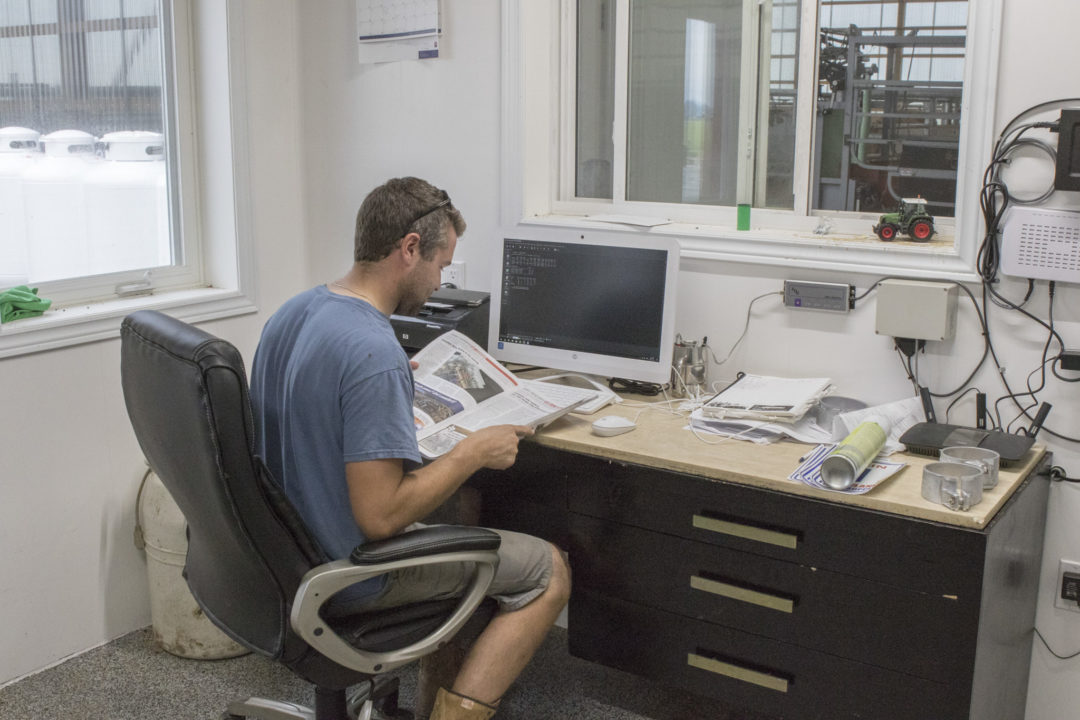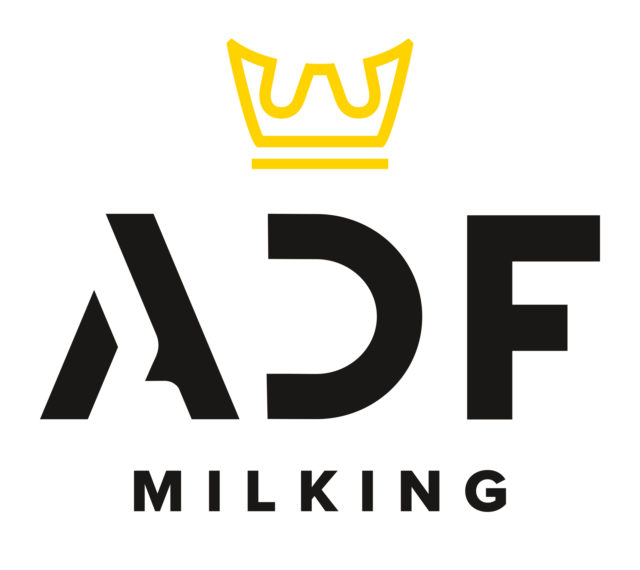To read this article in French, click here.
Imagine this is the day you hop out of bed with a spring in your step, anticipating the life-changing transaction taking place this afternoon. You, your spouse and your parents are headed to the lawyer’s office to officially sign shareholder agreements. You’re excited to finally have some certainty for your future. But how are your parents feeling?
The ability to put yourself in another person’s shoes is called “perspective taking.” This skill is a key proactive conflict-resolution behaviour. It is a place where you don’t make assumptions – you learn to ask deeper questions to seek to understand the other person’s perspective, interests and concerns. You want to understand the other person’s point of view.
For some young farmers faced with a longer wait than expected to get some equity in the farm business, taking time to understand the other person’s point of view might be frustrating. However, it is necessary.
Imagine what the other person is trying to accomplish. Older farmers have heirs to the farm business and non-farm heirs to consider. They are also impacted by latent health issues, communication strains in the family dynamic and maybe even limiting beliefs. As the leaders of the farm, spouses may face friction due to conflicting visions of the next chapter of their lives. There is a lot going on when you start to comb through all the changes and challenges.
I have a tool called the “Key Challenges Audit” where each family member fills out the areas they think are most deserving of focus and attention in the farm business. Doing this helps identify what the important first conversations need to be.
Why bother trying to seek the other person’s point of view?
Once you uncover the reasons why your parents are thinking in a certain direction, you’ll discover clues to continue increasing your knowledge base and ask better questions.
What is their desire for income streams for family living? Do they need to purchase new housing? What does fairness look like to you? What is Dad’s desire for his new role as you take on more management? What roles are going to change for Mom? What does she want to continue to do, and what does she want to stop doing? Is there conflict between what Mom wants and what Dad wants to do with his time?
Making the other person feel you are taking their concerns seriously helps them feel understood. This is a great breakthrough position for families who are longing for clarity of expectations and certainty of timelines for transition agreements.

What steps can you take to be more open-minded and curious?
Can you imagine how it feels for the founder to consider transferring wealth and decision-making to the next generation when there is fear of failure or fear of loss of wealth? You are wise to share your intention not to cause hurt in conversations. Still, the bigger picture is framing how you are going to create solutions together for the good of all.
You are responsible for making choices for your own life. Accept that solving problems is up to you. Take responsibility for improving the level of skill in sharing your ideas, thoughts and feelings in the culture of your farm business. Take charge and act. You’ll get nowhere if you continue to guess what the founders want. Don’t expect communication problems to fix themselves.
Let’s work on walking a mile in the shoes of others on our farm team. A perspective shift can get you to that lawyer’s office sooner than you believe possible.
Helpful phrases and tips as you practice your sharing perspective
- “I’ve been thinking…”
- “It is not my intent to cause hurt or more frustration. I am wondering how you would like to proceed on this transition journey. What’s helpful for you to understand?”
- “What do you think are some limiting beliefs we are hanging on to?”
- “We learn from our mistakes, so failure is not a bad thing. Can I give you some feedback on where we might be stuck?”
- “I’m just curious, what are you having a hard time understanding or letting go of?”
- “Tell me more…”
Remember, your perspective-taking skill has a lot to do with your mindset. Follow these tips:
- Be curious as you are committed to the discovery and transition process.
- Recognize your impact on the culture of your farm. What you believe, how you behave and how you make decisions all make a difference.
- Craft your responses carefully. We all get to make choices with our approach with others, our intent and options we create.
- Build a team of trusted advisers and seek out new supports with free discovery calls.
- Create an abundance mindset, which enhances a fair exchange of value for great advice and good processes.
- Be proactive, not reactive.
Mindset tips for young farmers:
- Know the numbers: income, debt loads and fair compensation.
- This is a journey, not an event. Have perseverance, patience, positivity and be outcome focused.
- Block time for the process and be the driver for your equity goals.
- Challenge advisers and ensure accountability to timelines.
- Protect working capital and have good debt.











